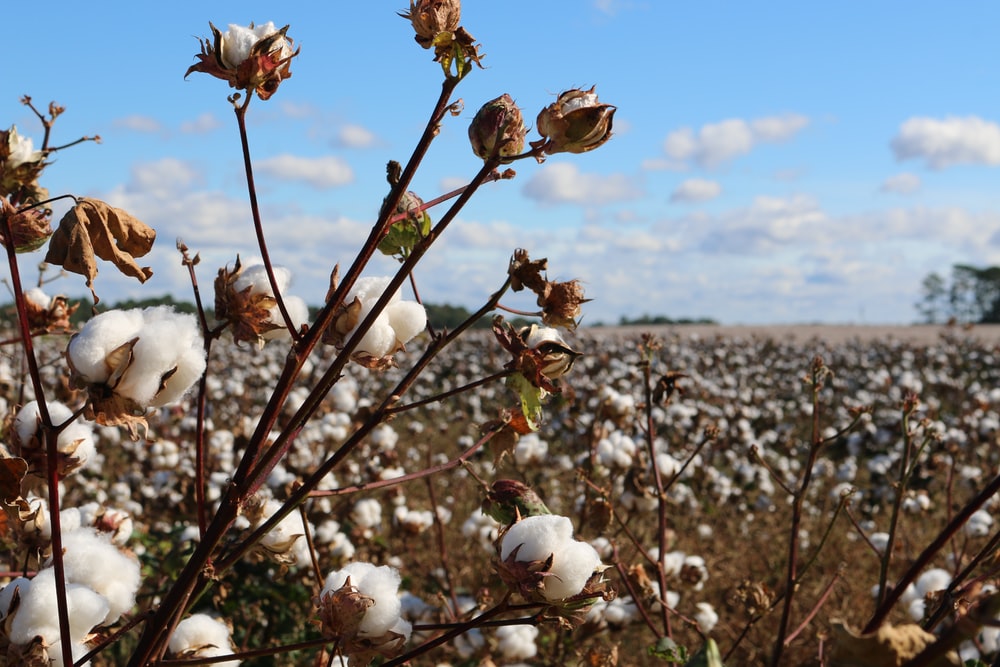Fabrics
5 Minute read

Subhalaxmi
2022-05-12 1PM
What is Organic Cotton and how is it sustainable?

In one of our articles earlier, we talked about a variety of sustainable fabrics that we can introduce in our lives to reduce our impact on the planet. Today, we wanted to dive deeper and talk more about organic cotton. Despite being a natural fibre, historically, cotton has been categorised as the world’ dirtiest crop. There are multiple reasons why that is the case.
Why is traditional cotton bad for the environment?
First of all, traditional cotton production has seen heavy use of dangerous insecticides and pesticides. By some estimates, it takes 1 pound of chemicals (synthetic fertilisers) to to make 3 t-shirts. Originally these pesticides were intended as toxic nerve agents and have hazardous chemicals, leading to widespread contamination. Secondly, these pesticides have a huge carbon footprint as they are massive GHG emitters. A report from the Intergovernmental Panel on Climate Change finds that about 30% of global emissions leading to climate change are attributable to agricultural activities, including pesticide use.

Conventional cotton alone is responsible for 16% of all insecticides sold worldwide Thirdly, cotton processing uses up a lot of water. Although the exact numbers have been debated, studies estimate that producing just one cotton shirt requires more [than 2500 litres of water](https://www.commonobjective.co/article/the-issues-water#:~:text=To produce just one cotton shirt requires approximately 2500 litres of water.). Whatever the actual number is, cotton processing is water intensive.
What makes organic cotton sustainable?
That’s why organic cotton is a much better alternative due to the following reasons: Helps in our fight against climate change - GHG emissions are lower by as much as 46% through use of natural methods to grow cotton, instead of fertilisers that are based on fossil fuels. Helps saves considerable amount of water - using 91% less water than its organic counterpart Helps reduce water and other pollution that would have otherwise occurred due to the large scale use of pesticides Finally, as an added advantage, in addition to the benefits to the environment, organic cotton farming is also better for health and financial stability of cotton farmers worldwide. By growing organic cotton, farmers are not involved with harmful chemicals and can also grow other crops simultaneously.
What certifications to look for while buying organic cotton products?
Switch to organic cotton today - to be sure of the quality, look out for certifications like Global Organic Textile Standard (GOTS), USDA Certified Organic and Better Cotton Standard, amongst others.


